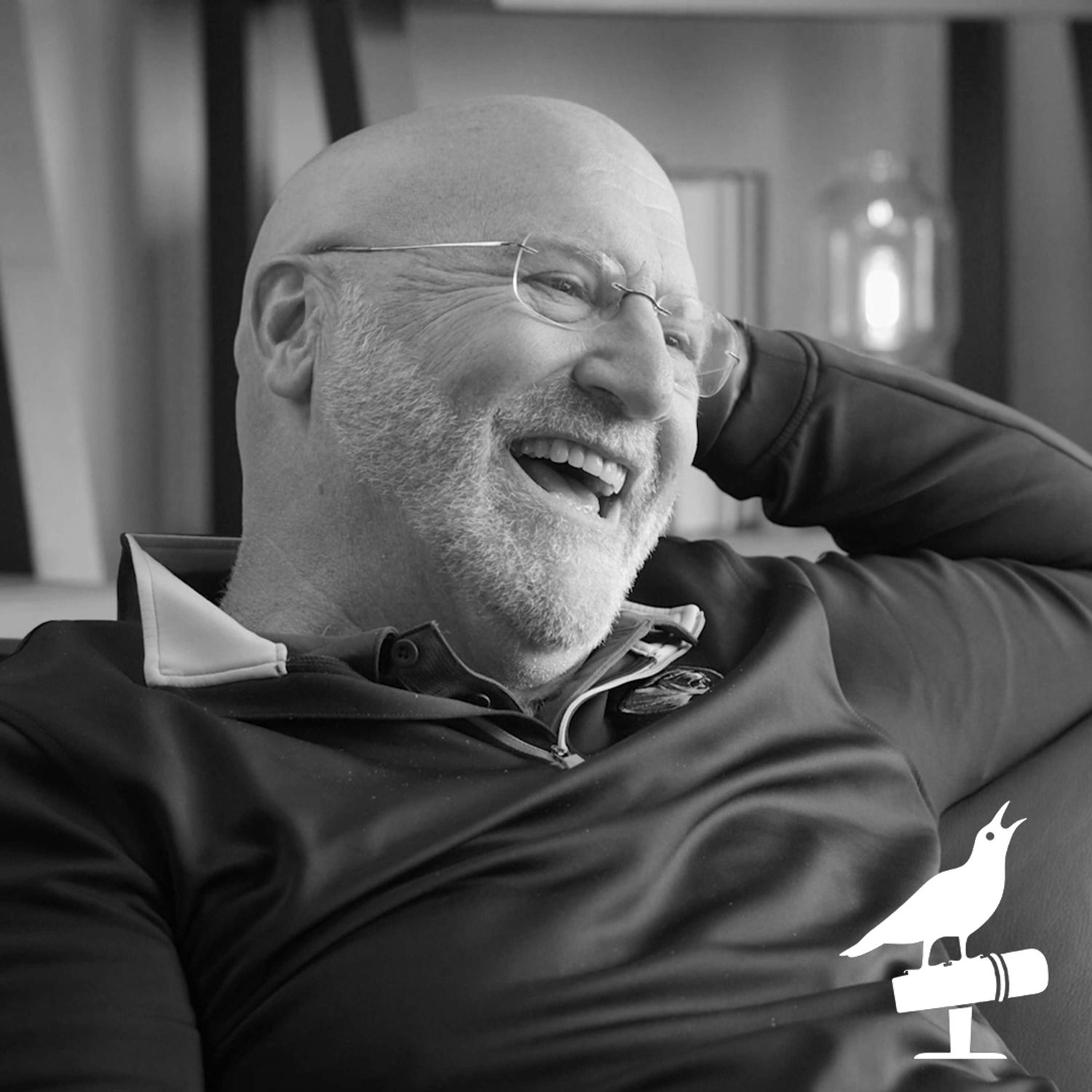22 October 2024
4 Core Principles to Live By - Phil Bender; Legacy Interviews Open Sessions - E397

Phil Bender is a father, husband, entrepreneur, and author. This interview shows a man who values relationships, storytelling, personal growth, and performance, with a deep appreciation for family, coaching, and emotional awareness.
The point of a Legacy Interview is to show your loved ones as they truly are. This is a unique podcast episode as it is a peek behind the curtain into what a Legacy Interview looks like. We talk about Phil's life ranging from his ancestry all the way to the legacy he intends to leave behind. This episode is a wonderful look at the importance of passing down stories to the next generation.
Book a Legacy Interview | https://legacyinterviews.com/
Timestamps:
0:00 - Intro
1:51 - Where are the Benders from?
17:50 - Did your parents take you to church?
24:45 - Were you a good student?
29:15 - Love to perform, hate to be judged
33:10 - Phil hiring his first executive coach
42:00 - How did you come back from staring at the abyss?
49:50 - What did your wife's parents think of you?
52:00 - Were you ready to be a parent?
1:02:45 - What is success?
1:12:40 - What does it mean to be a Bender?
1:15:40 - What advice do you have for your boys on fatherhood?
Connect with us!
=============================
IG: ➡︎ / legacy_interviews
===========================
How To Work With Us:
===========================
Want to do a Legacy Interview for you or a loved one?
A Legacy Interview is a two-hour recorded interview with you and a host that can be watched now and viewed in the future. It is a recording of what you experienced, the lessons you learned and the family values you want passed down. We will interview you or a loved one, capturing the sound of their voice, wisdom and a sense of who they are. These recorded conversations will be private, reserved only for the people that you want to share it with.
#Vancecrowepodcast #legacyinterviews




